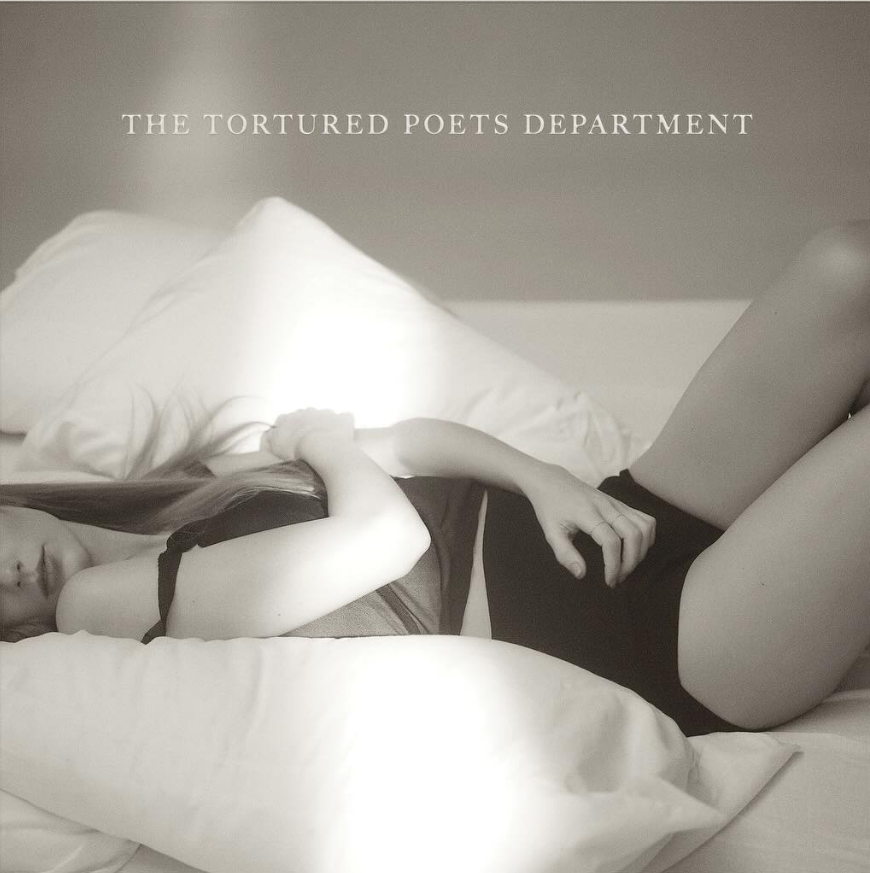I’m a part dreamer, part pragmatist, all burnt-out junior. As I prepare to dive head-first into the college applications process, I feel my competing natures pulling me in opposite directions and potentially life-changing paths.

It’s coming time to choose between an expensive liberal arts college and a cost-effective local university. I have to weigh the benefits and setbacks of each with my personal idiosyncrasies before making my decision.
A liberal arts education is “conducted in a spirit of free inquiry undertaken without concern for topical relevance or vocational utility,” according to Harvard University’s Office of Admissions website. It “enriches existence” and “heightens students’ awareness of the human and natural world they inhabit.”
My dreamer half yearns for a liberal arts education to enrich my existence, make my mind aware and free my spirit for inquiry. It aspires to take a four-year ivory tower vacation from reality, get lost in the classics, pick up squash and walk away as unemployable as possible. But such transcendental educational exploration seemingly comes without concern for utility or cost.
My pragmatic half disdains such sentimental foppery. It urges me to take cost into the equation, go to a solid, cost-effective local school, and major in something geared towards a career. This half balks at the very concept of a $50,000+ yearly education that seeks to instill academic ideals but not employable skills. It urges me to follow a career path so practical as to mock the principles of the liberal arts. Perhaps plumbing.
Unfortunately, I don’t think I can achieve a synthesis of my contrasting natures, becoming a Shakespeare-quoting journeyman plumber with rough palms and a poet’s heart, all twangy affability and understated wit. Thus, my choice of college will go a long way towards deciding which part of my personality will define me. Before I decide what college is for me, I have to honestly address the reasons I would make either decision.
In my heart of hearts, I know I can look locally for an effective and inexpensive education. But I also know that, like any true Whitman overachiever, I crave prestige as much as I crave value. I want to look into the prying eyes of a stranger who casually asks “What college are you going to?” as if it defines me as a person and see that fleeting flash of approval or re-calculation when I nonchalantly name-drop a college whose very mention connotes boat shoes and summer homes on Long Island. But could I really use a liberal arts education?
Unemployment is generally higher among recent graduates with degrees in non-technical fields. Liberal arts majors have a 9.4 percent unemployment rate, while students with majors in education, health, science and engineering face rates at or lower than 5.4 percent, according to Georgetown University’s Center on Education and the Workforce.
And liberal arts educations can be expensive. The nation’s top liberal arts schools, as selected by USA Today, cost students an annual average of about $53,000. I’m not comfortable putting that much money into an education that may not yield a stable job. I wouldn’t be able to bear the shame of being a thirty-year-old burger-flippin’ liberal arts major.
I could go up the Beltway to the University of Maryland to get a quality education for $22,000 a year (including room and board). What gives me the right to choose a liberal arts college that charges over twice that much money, costing my parents over $100,000 more overall?
Yet shortsighted numerical evaluations of a college’s worth might miss the big picture. Liberal arts schools focus on molding students with critical inquiry, innovation, and judgment, reports a Huffington post article by the president of Wesleyan University. This would make me better rounded, more interesting at dinner parties, and better able to pursue a wide range of careers (no more than 20 percent of liberal arts majors are concentrated in any single industry).
I want an education I can afford, one that will retain its value long after I graduate. But I also want to explore the world of academia. There’s no right or wrong choice. But either way, I know at least half of me will be happy.











